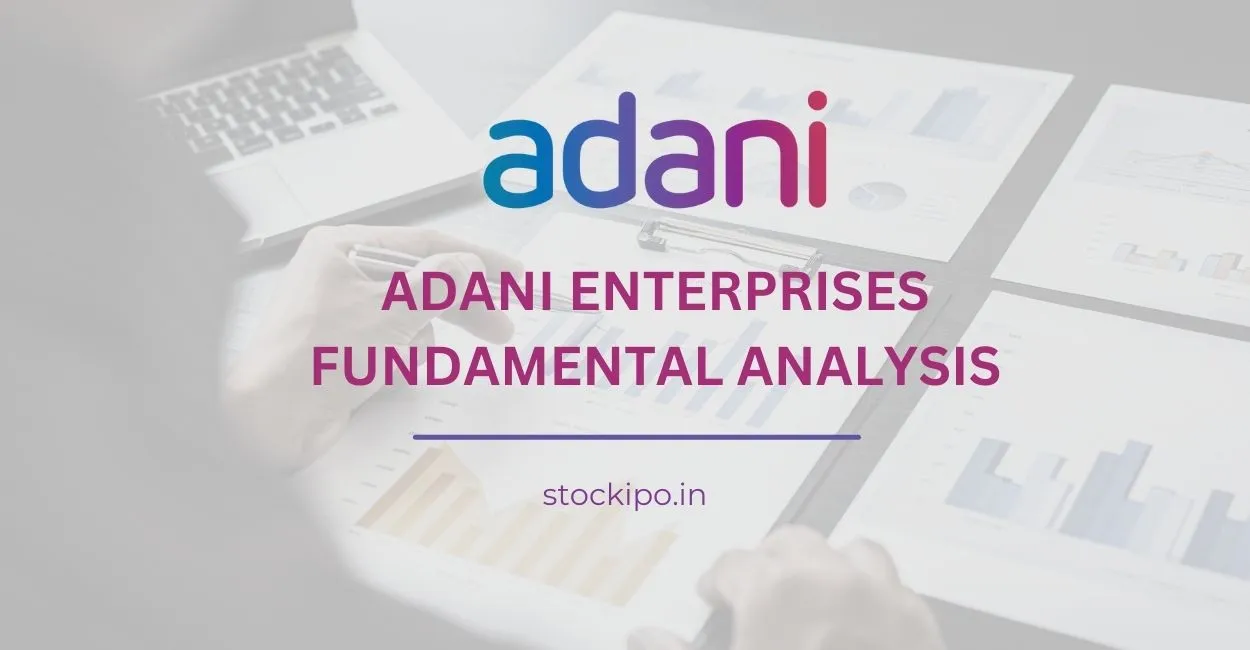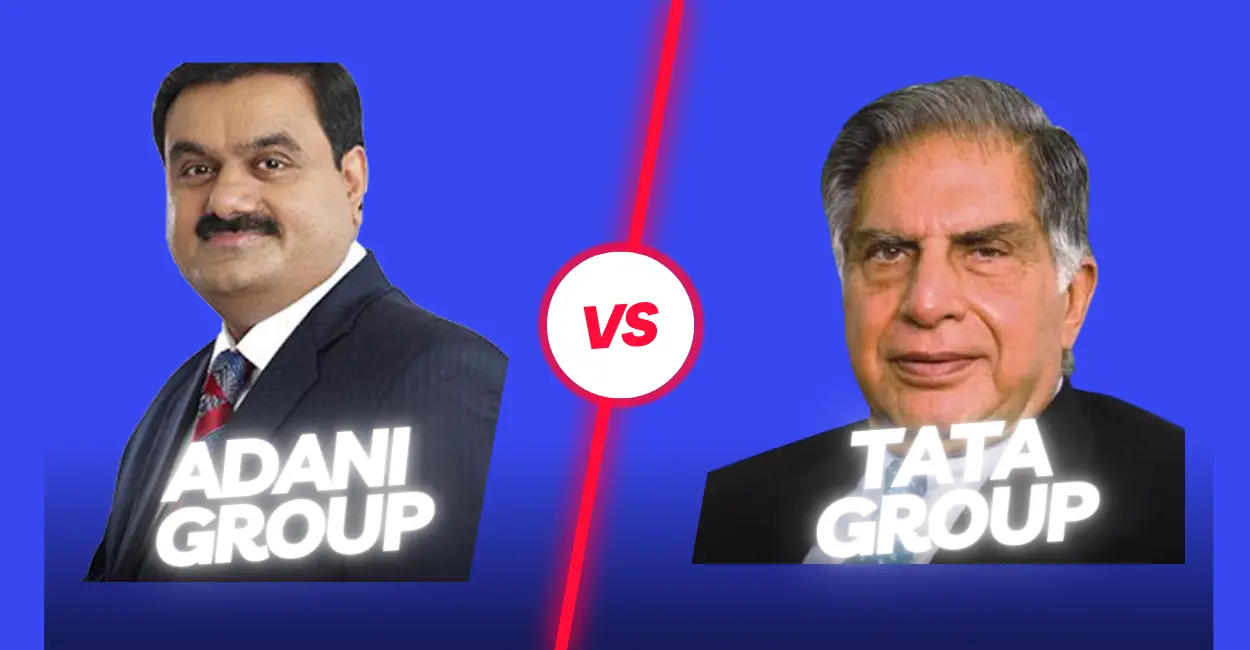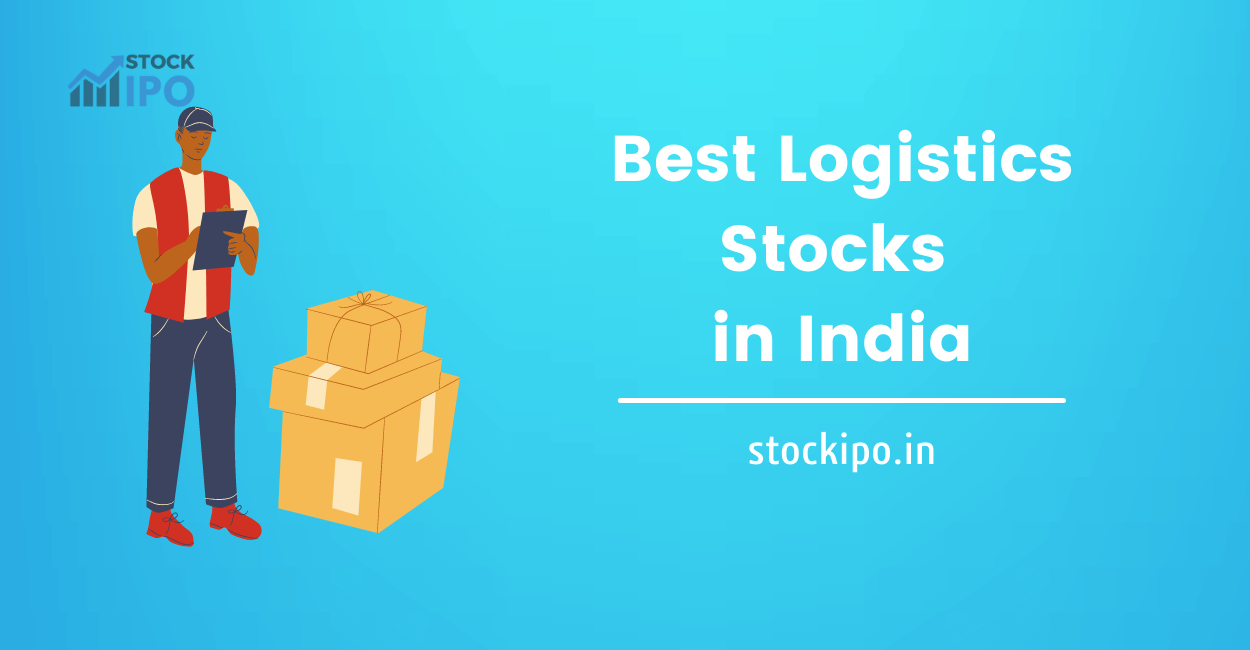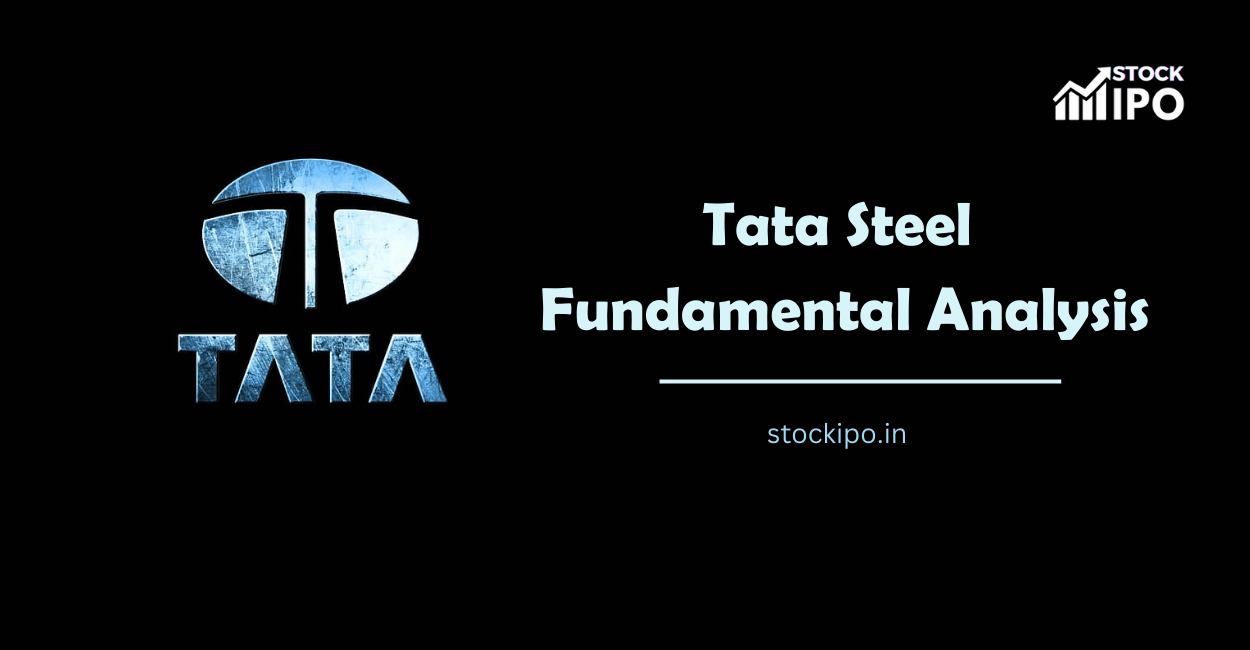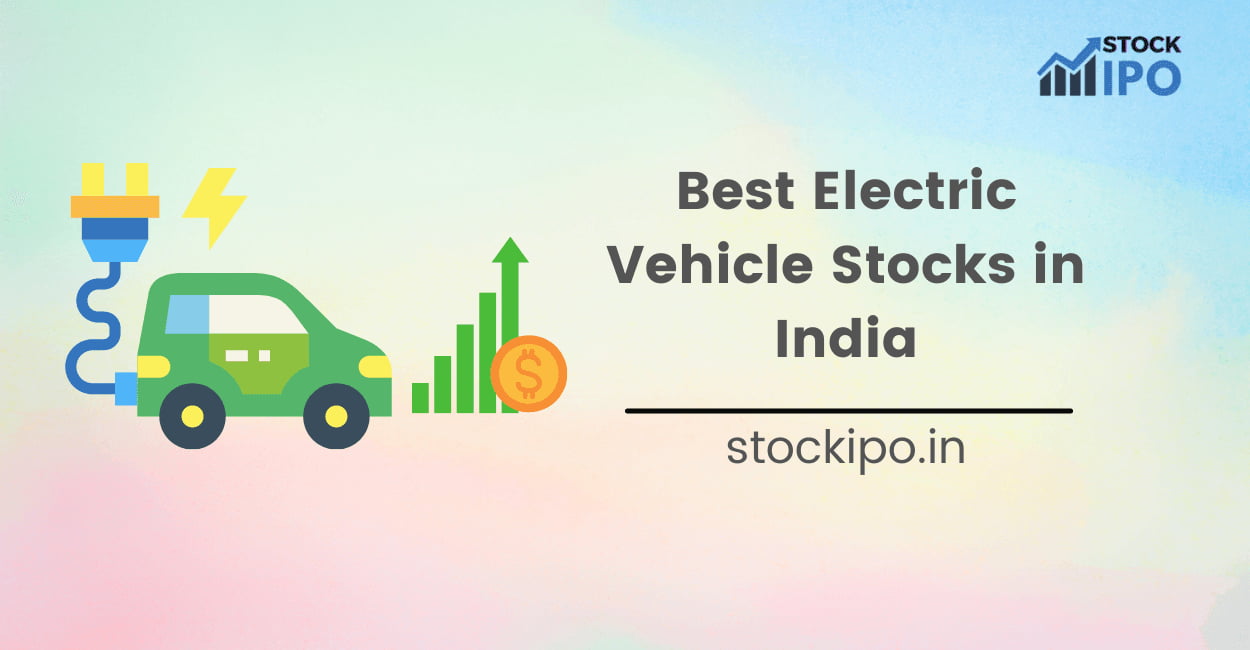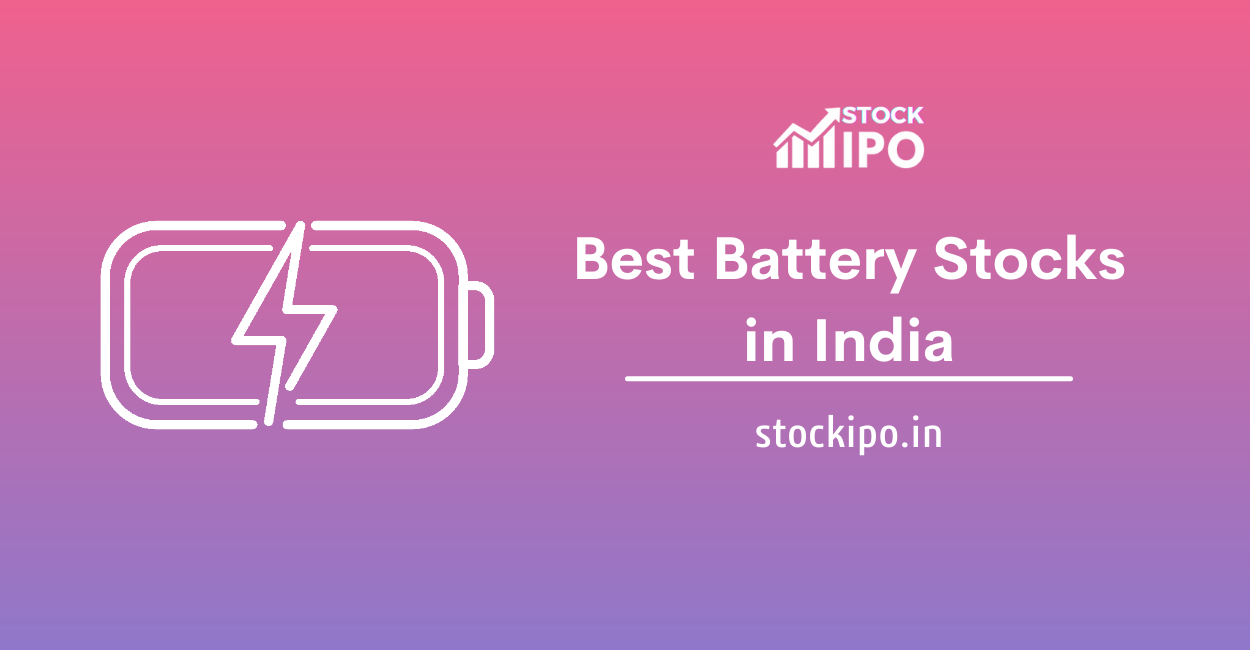Adani Enterprises Limited, under the Adani Group, serves various products and services. From mining and services and resource logistics to new energy supply chain and solar module and cell manufacturing the company is among the top in the diversification game. Other than this too, the company is engaged in many other businesses. To understand the company and its businesses well, this article will give you a fundamental analysis of Adani Enterprises Limited.
The heads covered ahead are as follows –
- Industry Overview
- Company Overview
- Quantitative Analysis
- Peer Comparison
- Highlights
Now that you know what this article has in store for you, let’s take a look at the main content –
Industry Overview
Adani Enterprises mainly comes under Commodity Trading and Distribution. The industry as a whole involves companies that deal in the distribution of Primary Products, which further include oil, food grains and gold in the majority. Under the industry, there are over 140 companies listed, on average, they have a market capitalization of Rs. 1432 Crores and a YoY growth rate of 9.5%.
Particularly in the Retail Industry it has achieved almost 96% of the pre-pandemic levels of its production and sales and has also attracted more and more foreign investors. Amounting to over 10% of the country’s GDP, the industry has been on a rise.
Another major operation of the company is in Coal Mining and the industry is also flourishing in present, and is expected to grow exponentially thanks to the increase in demand for infrastructure and production, as more and more energy requirements are being generated and hence the industry is meant to flourish.
The rising working group and the widening middle class in India are also giving a boost to the Aviation Sector, another sector where Adani Enterprises have their major presence and many airports under its name. The industry is expected to reach 2.4 Billion USD by 2028, owing to the rising investments in the infrastructure of airports and the increasing number of people who travel by air.
Adani Enterprises has many subsidiaries in various other businesses too. The above-mentioned were the ones that give out a majority of its profits and have the heaviest operational involvement.
Company Overview
Founded in 1988 with the name Adani Exports Limited as a partnership business by Gautam Adani, Adani Enterprises Limited was incorporated in 1993 and stands at a market valuation of Rs. 2,07,964 Crores. It is the flagship company of the Adani Group and operates in numerous sectors. Adani Enterprises is among the most diverse companies in India.
The Board of Directors include Gautam Adani as the Chairman, Rajesh Adani as Managing Director and Pranav Adani as Executive Director. Others on the board include Vijay Prakash and Hemant Nerurkar.
Talking about the various businesses the company has, it operates in mining services, integrated resource management, airports, roads, rails and metros, water, data centres, solar manufacturing, agro and defence. The company has over 150 subsidiaries including both direct and indirect which also includes three LLPs which depicts the diversity of the giant.
Gautam Adani owns 55.3% of the company, and overall, 72.6% of the company is owned by the Promoters. FIIs have 15.39% of the ownership and the public holding is 6.53%.
The company has completed many government projects and has entered into such new contracts too, which will be discussed further in the article.
Quantitative Analysis
The annual results of the company are as under –
(all figures in Rs. Crore)
| YoY | March 2018 | March 2019 | March 2020 | March 2021 | March 2022 |
| Revenue | 36,516 | 40,950 | 44,086 | 40,290 | 70,432 |
| Net Profit | 757 | 717 | 1138 | 923 | 776 |
| Fixed Assets | 16,001 | 14,730 | 17,684 | 19,511 | 53,366 |
The Revenue of the company has a 3-year CAGR of 19.8% and a 5-year CAGR 13.6%, which is satisfactory and acceptable. The CAGR (5-year) for the Net Profit of the company is -4.7%, given the profits have been falling for the past 2 years. Pairing these with the Valuation ratios of the company such as the PE of 147.64, for a high value as this, the company does not offer very good profitability. As we also see in the peer comparison table below, the ROE and ROCE of the company are not the lowest, but not the best either and can be considered as just satisfactory when compared to the other companies in the sector.
The company has a debt-to-equity ratio of 0.81, which is favourable. However, the company’s balance sheet also shows a contingent liability of Rs. 6957 Crores, which is high and not a very good sign.
Peer Comparison
The following table shows the comparison of Adani Enterprises Limited with its peers.
| Market Capitalization | P/B | P/E | ROE | ROCE | EV/EBITDA | |
| Adani Enterprises | 2,07,964.70 | 15.41 | 147.64 | 15.39% | 20.43% | 76.62 |
| Redington | 12,641.75 | 4.24 | 11.81 | 40.82% | 48.30% | 8.95 |
| MMTC | 4,582.50 | 3.66 | 3.9 | -78.57% | 12.38% | 14.70 |
| Optiemus Infracom | 1,942.09 | 4.92 | 74.02 | 5.08% | 7.49% | 58.15 |
Adani Enterprises is the company with the largest market capitalization among its peers, however, the company is also at its premium price since the P/E of the stock is also the highest, and so it the situation with P/B. This makes the stock expensive and hence not worthy for traders in the market.
The EV/EBITDA ratio also signifies a high valuation as compared to other companies in the same sector.
Highlights
- In FY’22, the Company partnered with EdgeConnex to develop and operate Data Centers across India. It acquired land at Noida and Vizag. It received LoA for the Bhagalpur Waste Water HAM project in Bihar with 45 MLD capacity. It received LoA for the 67 km Kagal Satara project, Maharashtra, under the BOT model.
- Mutual Funds have been showing their interest in the company again recently after reducing their share in the company after the stock fallout.
- Adani Enterprises has paused activities on its recent petrochemical project, which as per the announcement will be continued after the company has secured its finances.
Final Thoughts
Adani Enterprises in clear words has good fundamentals and is worth investing in for the long term. However, since the stock is overvalued, a short-term investment may not be an intelligent choice.
The recent Hindenburg fallout that the company has faced has caused a sharp impact on not just this company but all the companies of the Adani Group. However, the company still has been getting contracts for various long-term projects, and these include projects from the government too, which can make the company trustable. The company has also been said to be too big to fail by many experts, hence a profitable future for the company is expected.
The conclusion for us here is clear, the company is well and strong.

